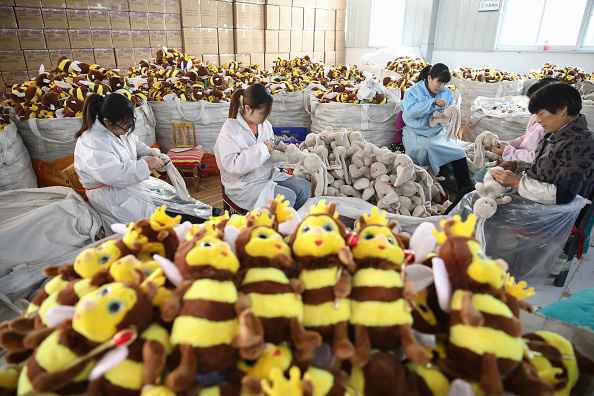COVID-19 has disrupted global supply chains but not changed their fundamental form. New technologies, continuing geo-political tensions and climate change point to companies in many industries having to plan for more radical change in the not-so-distant future.
COVID-19 turned global supply chains on their heads again and again in the last two years. First the pandemic disrupted demand and shuttered factories. Then wrong incorrect forecasts of how the world would recover made things far worse, leading to shortages of key components – most prominently semiconductors – which in turn badly hit the global automotive sector and other industries.
When goods once again started pouring out of factories, port and transport infrastructure failed. Container ships found themselves unable to offload their cargos; shortages of truck drivers led to containers piling up at distribution centers. Next up in early 2022 could be a ‘demand’ recession, as delayed goods arrive and…


